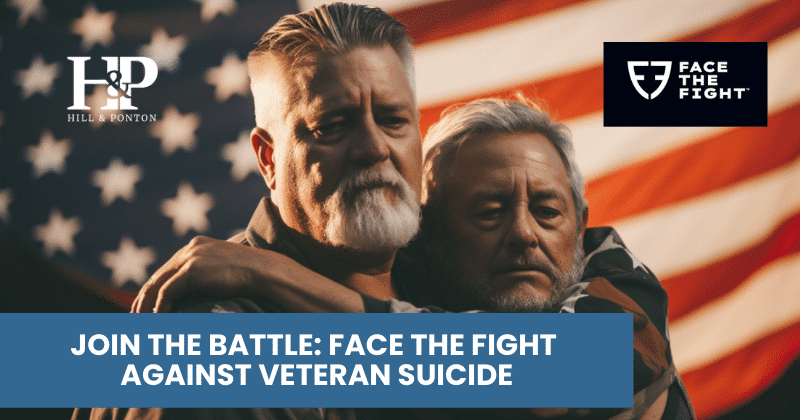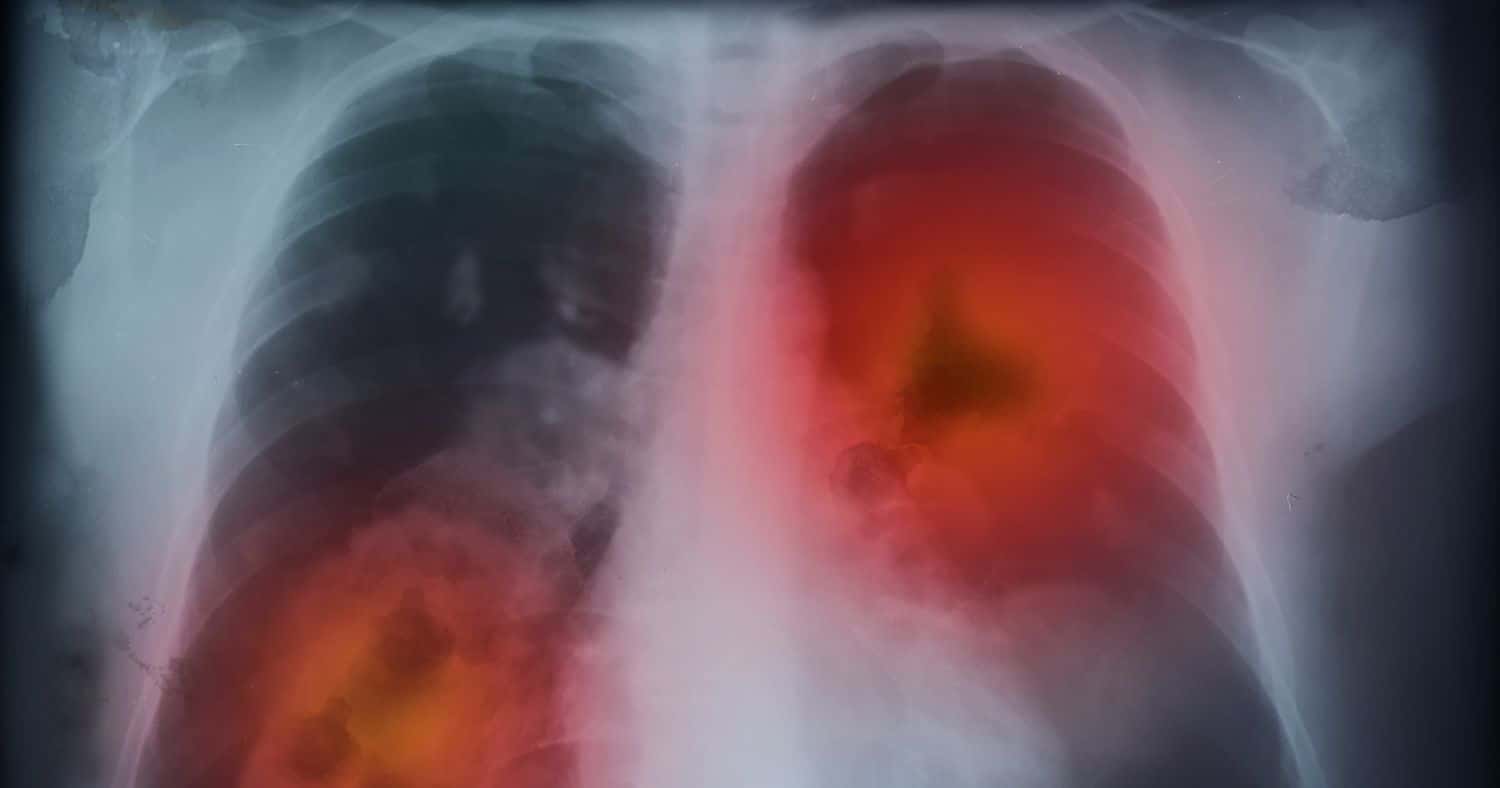The battlefield is often associated with tales of heroism and valor, where soldiers put their lives on the line to protect their nation.
Yet, the fight doesn’t end when the guns fall silent.
Far from the front lines, another battle rages on – a quiet crisis of veteran suicide.
It’s one that, since 2001, has claimed more than 120,000 lives – more than any military conflict since Vietnam.
The fight continues, and we, as veterans and supporters, are called to action.
The Crisis: Veteran Suicide Statistics
Veterans face an alarming 57% higher risk of suicide compared to civilians.
For those who served in Iraq and Afghanistan, even without deployment, the risk spikes by 48%.
Suicide is now the second-leading cause of death among post-9/11 veterans, accounting for 22.3% of all deaths.
In 2015, over 70% of veteran suicides occurred outside the Veterans Health Administration (VHA) care, further emphasizing the need for broad-based community support.
The transition back to civilian life also proves difficult for many, which can exacerbate mental health challenges.
More than 40% of veterans express a high level of difficulty transitioning.
Consequently, these individuals are five times more likely to experience suicidal ideation.
It’s a stark reality: many who’ve bravely faced enemies abroad are now battling their own inner demons at home.
The Cause: Struggles Behind the Scenes
As they transition back to civilian life, veterans often encounter hurdles that may seem insurmountable.
Over 80% of post-9/11 veterans feel the public doesn’t comprehend the difficulties they face when transitioning.
Moreover, the majority of civilian organizations lack veteran-specific recruiting programs, with more than 50% offering no onboarding or transition support to veteran hires.
These challenges extend beyond employment.
Approximately 35% of veterans struggle to pay their bills in the early years after leaving the military, and homelessness is not an uncommon plight.
In fact, veterans account for over 9% of all adults experiencing homelessness in the U.S.
The system, as it stands, has room for significant improvements to support our veterans adequately.
The Cure: Face the Fight
In response to this crisis, several corporations, foundations, and veteran-focused organizations have launched a monumental initiative: Face the Fight.
USAA, the Humana Foundation, and Reach Resilience, an Endeavors Foundation, have come together with an initial investment of $41 million to provide grants supporting programs aimed at preventing veteran suicides.
Face the Fight aims to break the stigma associated with seeking mental health support and intensify the conversation around veteran suicide.
With strong, tangible goals, the initiative aspires to halve the veteran suicide rate by 2030.
The Strategy: Collaboration and Commitment
A coalition that unites USAA, Humana Foundation, Reach Resilience, and other organizations, Face the Fight channels resources into three primary avenues:
- Expanding Suicide Prevention and Training Programs: The initiative will fund the growth of programs geared towards recognizing and mitigating the risk of suicide among veterans.
- Establishing Clinical Fellowships: Aiming to improve the availability of mental health care for veterans, Face the Fight will support the development of a robust clinician workforce, trained to understand and address the unique struggles veterans face.
- Supporting Veteran Service Organizations: The initiative will also fund resources for legal groups and veteran service organizations assisting veterans, ensuring they receive the comprehensive support they deserve.
Conclusion: Answering the Call to Arms
The fight against veteran suicide is everyone’s fight.
As Brandon Carter, executive vice president of USAA, puts it, “We are losing our military post-transition at an alarming rate.
But it also can happen in minutes and seconds.”
It’s a reminder that in this battle, every second counts, every effort matters, and every life saved is a victory.
Whether you’re a veteran, a supporter, or an organization, there’s a role for you in Face the Fight.
Visit wefacethefight.org to learn more about the initiative, find resources, and join the fight.
Let’s band together to protect our heroes in their time of need, to ensure that their transition to civilian life is not a battle but a triumphant homecoming.
The fight is on.
Will you answer the call?
We will Face the Fight. Together.
Emergency Resources: Get Help Now
It’s critical to remember that help is always available, and no one has to face these battles alone. If you or someone you know is in crisis, please reach out to these resources immediately:
For Veterans:
Veterans Crisis Line: Dial 1-800-273-8255 and Press 1 to talk to someone, or send a text message to 838255 to connect with a VA responder.
You can also start a confidential online chat at VeteransCrisisLine.net/Chat.
Coaching Into Care: A national telephone service of the VA which aims to educate, support, and empower family members and friends who are seeking care or services for a Veteran.
Dial 1-888-823-7458.
Vets4Warriors: A 24/7 confidential, stigma-free peer support network for veterans and their families.
Dial 1-855-838-8255 or visit Vets4Warriors.com for more information.
For Civilians:
National Suicide Prevention Lifeline: Call 1-800-273-TALK (8255) for free, confidential support 24/7.
This lifeline provides support, information, local resources, and more.
Crisis Text Line: Text HOME to 741741 from anywhere in the United States, anytime, about any type of crisis.
A live, trained Crisis Counselor receives the text and responds, all from a secure online platform.
SAMHSA’s National Helpline: Dial 1-800-662-HELP (4357) for free, confidential, 24/7, 365-day-a-year treatment referral and information service (in English and Spanish) for individuals and families facing mental and/or substance use disorders.
Never hesitate to reach out if you’re in need, and remember, you are never alone.




